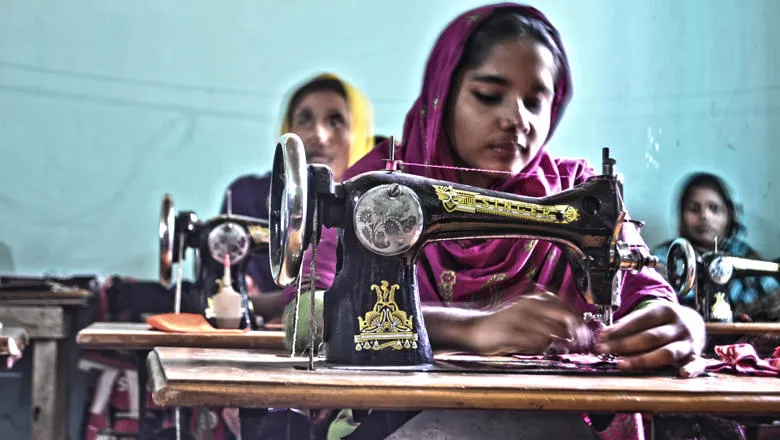20 October 2017
Bridging Silos: Trafficking, Slavery and SDG 8.7
Beyond Trafficking and Slavery Network, King's College London and Centre for Labour Studies at the National Law School of India University, hosted a three-day workshopentitled Bridging Silos. The workshop aimed to take stock of the contemporary global discourse around trafficking and modern slavery.

The workshop was supported by ESRC and was organised by Prabha Kotiswaran (King's College London), Neil Howard (Antwerp University), and Babu Mathew and Sony Pellissery (NLSIU). The event brought together 60 participants including activists, academics and various stakeholders working on different forms of extreme exploitation, including contract labour, child labour and coerced sex work.
The workshop aimed to bridge discursive and policy silos, take stock of the contemporary global discourse around trafficking and modern slavery, and articulate a renewed alternative conceptual, political, legal and policy agenda. The workshop sought to reclaim the anti-trafficking agenda from anti-sex work abolitionists who narrowly rely on criminal law mechanisms, and instead articulate a robust labour law approach to trafficking and cognate forms of extreme exploitation with an emphasis on systemic approaches to redressing inequality.
The workshop panels covered issues including sex work and trafficking; bonded labour and debt bondage; agrarian crisis and migration; inter-state and cross-border migration; women workers and the informal economy; and supply chain governance.
A pre-release screening of the documentary Machines directed by Rahul Jain, which is a portrait of the daily lives of workers in an Indian textile factory and a law and policy reform forum also featured. Workshop interviews and articles are published on the Beyond Trafficking and Slavery website.
The workshop resulted in a loose alliance of activists and academics working on various forms of extreme exploitation in India. A statement was issued based on the discussions at the workshop regarding the Government of India’s commitment to the achievement of the Sustainable Development Goals (SDGs), especially SDG 8 on Decent Work and SDG 8.7 on Forced Labour. The discussions were also featured in an article published in The Hindu.
